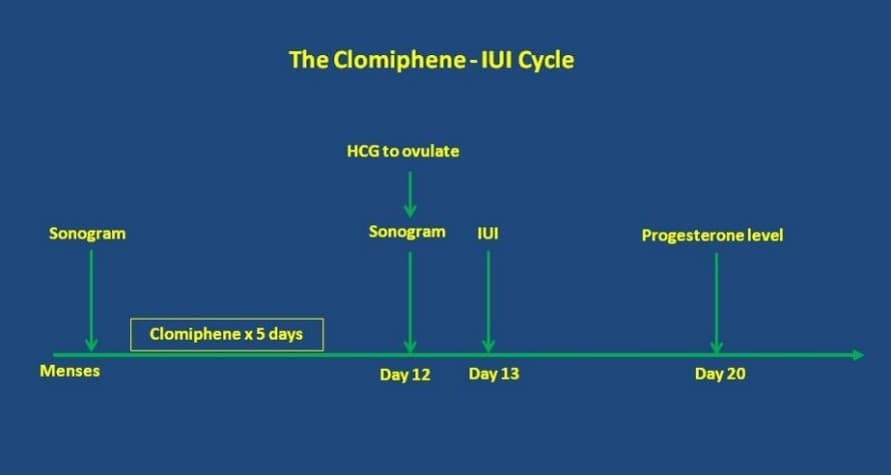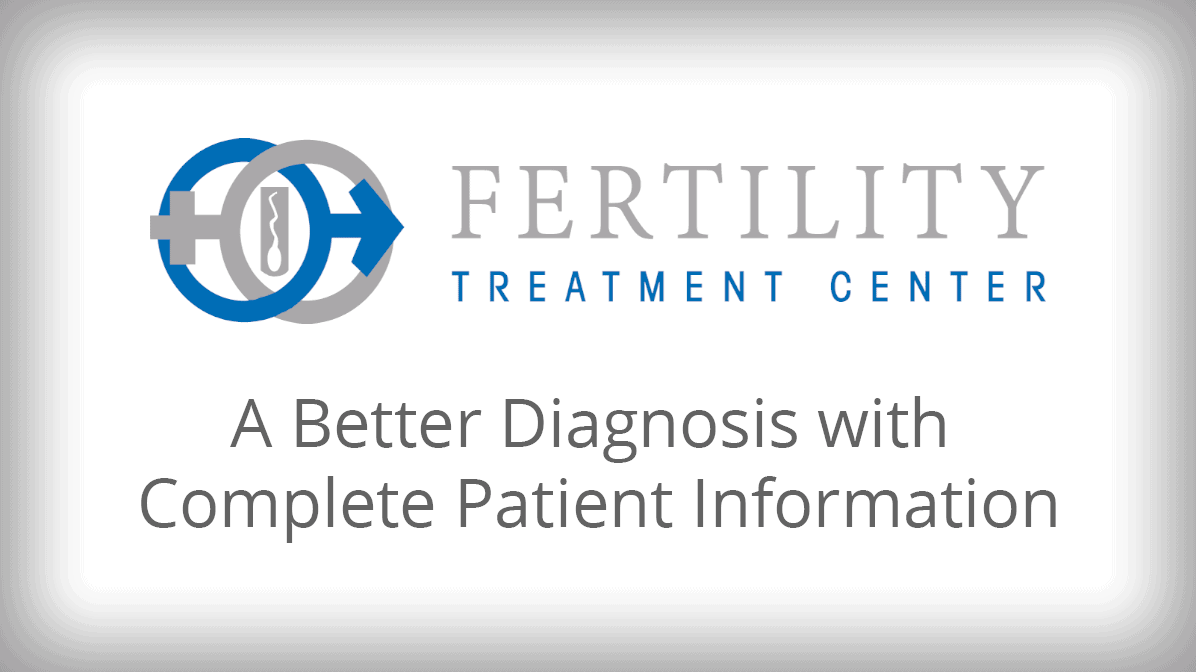Introduction: Predicting ovulation is a key aspect of understanding your fertility. Whether you have a regular or irregular menstrual cycle, there are various methods to help you pinpoint your most fertile days. Here are some updated and effective ways to predict ovulation.
1. Chart Your Menstrual Cycle: If your cycle is fairly regular, charting it can be straightforward. Start with the first day of your last period, marking it as Day One. Continue numbering until the first day of your next period. Typically, ovulation occurs around Day 13, 14, or 15 in a 28-day cycle.
2. Observe Changes in Cervical Mucus: Cervical mucus changes throughout your cycle. Using clean hands, check the mucus on or near your cervix:
- Before Ovulation: Dry and sticky.
- As Ovulation Nears: Creamy consistency.
- Right Before Ovulation: Slippery, resembling egg whites.
3. Monitor Your Basal Body Temperature (BBT): Using a basal body temperature thermometer, take your temperature first thing every morning before getting out of bed. A slight increase (about 0.4 degrees Fahrenheit) typically signals ovulation.
4. Use Ovulation Predictor Kits (OPKs): These kits detect a surge in luteinizing hormone (LH) in your urine, indicating that ovulation is likely to occur within 12 to 48 hours. Follow the instructions on the kit for the best results.
5. Pay Attention to Physical Signs: Some women experience physical changes during ovulation, such as:
- Breast tenderness
- Mild abdominal pain (often on one side)
- Increased libido
- Light spotting or discharge
- Heightened sense of smell
6. Consider Technology Aids: Modern technology offers apps and devices that can help track ovulation. Apps like Clue, Flo, and Glow can analyze your cycle patterns and predict ovulation. Wearable devices like Ava bracelets can also monitor physiological signals to indicate fertile windows.
Conclusion: Timing intercourse during ovulation can significantly enhance your chances of conception. However, if well-timed intercourse does not result in pregnancy, it may be time to consult a fertility specialist. Our comprehensive fertility testing can help identify the underlying causes of infertility and provide a pathway to successful treatment.



